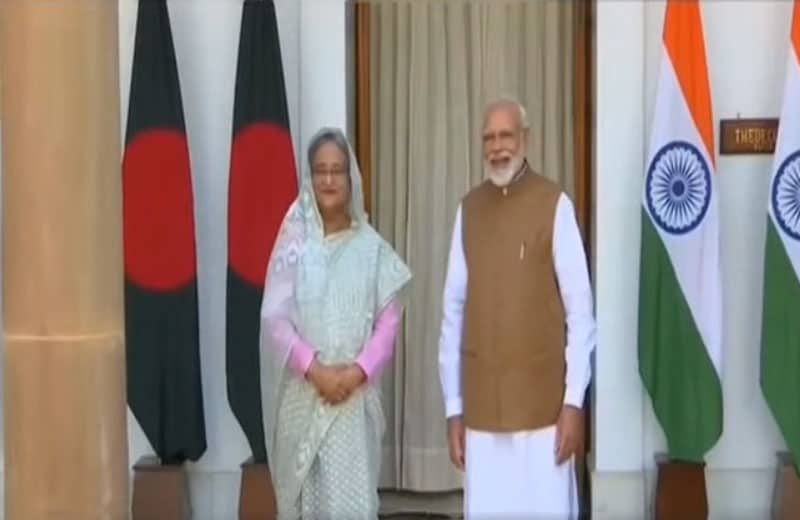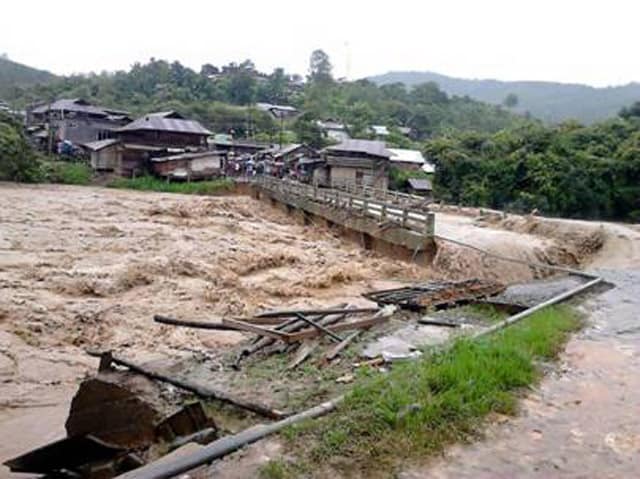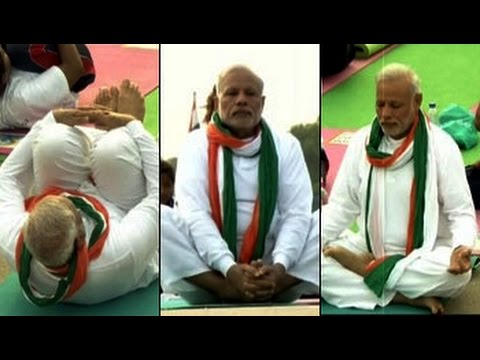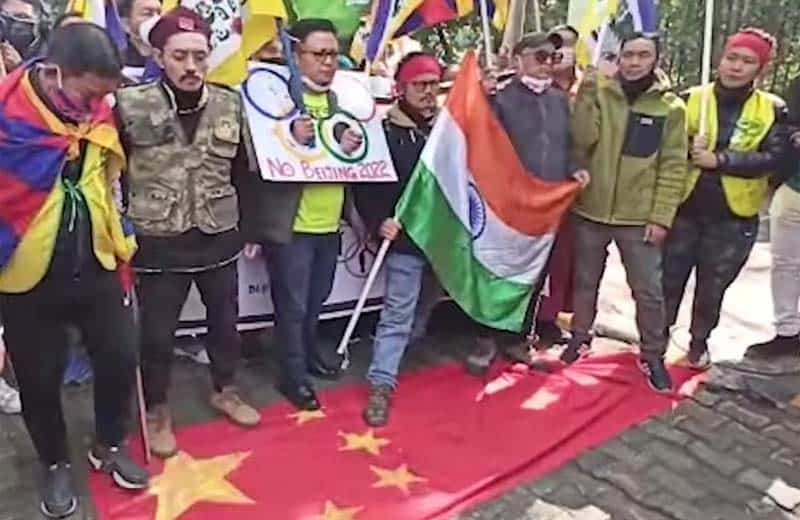Prime Ministers Meet in New Delhi
Prime Minister Narendra Modi of India welcomed Bangladesh Prime Minister Sheikh Hasina to New Delhi this week for a four-day confab. The two leaders came together to discuss bilateral issues. Four Indian Chakma organizations petitioned the leaders to take joint measures to fully implement the Chittagong Hill Tracts Accord of Bangladesh (CHTs).
Region of Peace
The joint memorandum from the Chakma Organizations in India, addressed to the two Prime Ministers, wants to see the CHTs declared as a “region of peace.”
The four Chakma organizations that teamed up are Chakma Development Foundation of India (CDFI), Chakma National Council of India – Mizoram Chapter (CNCI-Mizoram), Tripura Rejyo Chakma Gabujyya Jodha, and Chakma Hajong Rights Alliance (CHRA).
This joint report filed by Sushanta Roy & Shib Shankar Chatterjee.
About the CHTs Accord
The Chittagong Hill Tracts (CHTs) Accord was signed on 2 December 1997. But 25 years later, many of the key provisions have not been addressed.
Each of the four Indian Chakma Organizations commented on this opportunity to resolve the issues in the Chittagong Hill Tracts region.
Mr. Rashik Mohan Chakma, President of CNCI-Mizoram and former MLA of Mizoram spoke about the importance of completing the effort to resolve the issues that began in 1997. “The importance of implementation of the CHTs Accord for regional peace and security, especially for Bangladesh, India, and Myanmar cannot be stressed enough. In addition to civil unrest of indigenous peoples of CHTs collectively known as Jummas due to non-implementation of the Accord, the CHTs is often used by various insurgent groups.”

Sheikh Hasina and Narendra Modi, region of peace urged.
Armed conflicts in Myanmar’s Arakan province on the border of the CHTs, together with the expulsion of more than 1.5 million Rohingyas to Bangladesh by Myanmar, and the refusal of the military junta Government of Myanmar to repatriate Rohingyas causes regional instability and conflicts.
Mr. Suhas Chakma, CDFI Founder said “Peace in the region can be assured only through joint efforts of Bangladesh and India and meaningful participation of the indigenous Jumma people in these efforts by empowering them for self-governance through full implementation of the CHTs Accord.”
Mr. Pritimoy Chakma, CHRA Convenor said “It is not in the interests of Bangladesh, India, or the indigenous Jumma peoples to have active civil unrest in the CHTs region or allow the region to be used for various insurgency activities.”
The Chakma groups urged both Prime Ministers to work together and take measures to fully implement the CHTs Accord. Bangladesh may need India’s help to provide funds to rehabilitate and resettle the returnee Jumma refugees from India and internally displaced persons within the CHTs. India has previously provided economic assistance to the Internally Displaced Persons of Sri Lanka after the armed conflicts with ethnic Tamils ended.
Mr. Priya Ranjan Chakma, President of the Tripura Rejyo Chakma Gabujyya Jodha suggested initiating processes “with the Jana Samhati Samiti, the signatory to the CHTs Accord and all other stakeholders of indigenous Jumma peoples to end civil unrest in the CHTs region and facilitate the establishment of the CHTs as a region of peace.”
Also, see the story Region of Peace Request to Bangladesh PM Hasina and PM Modi.




